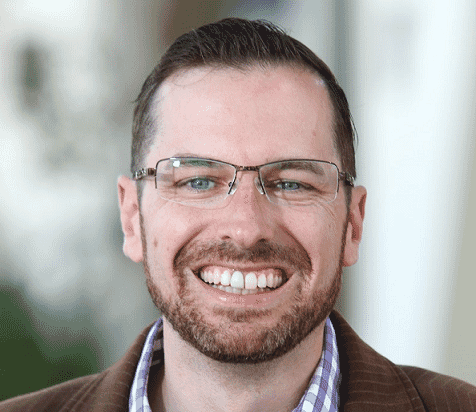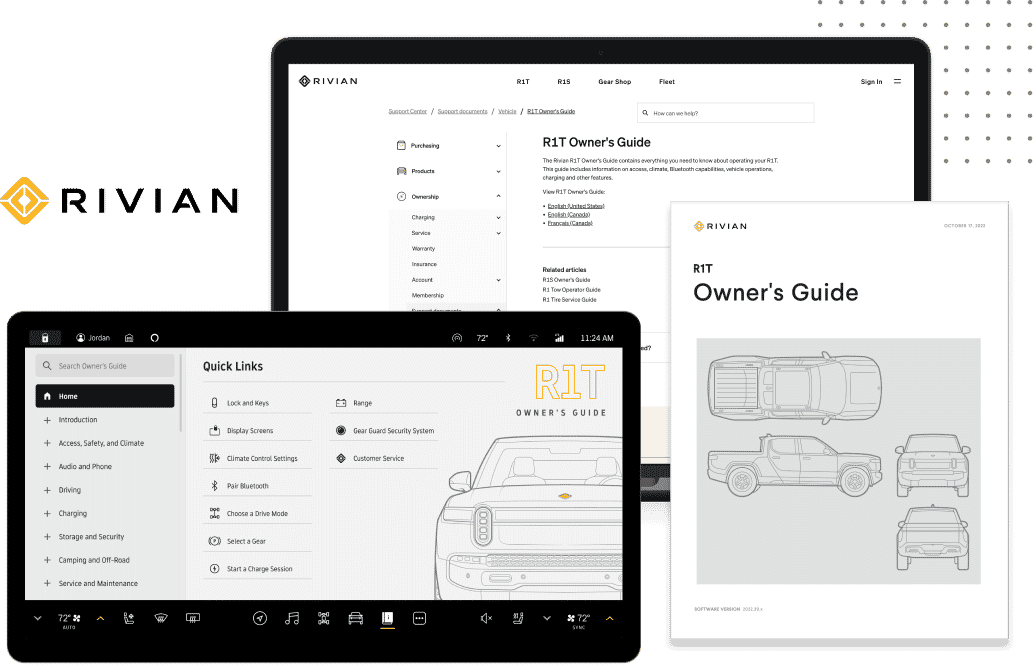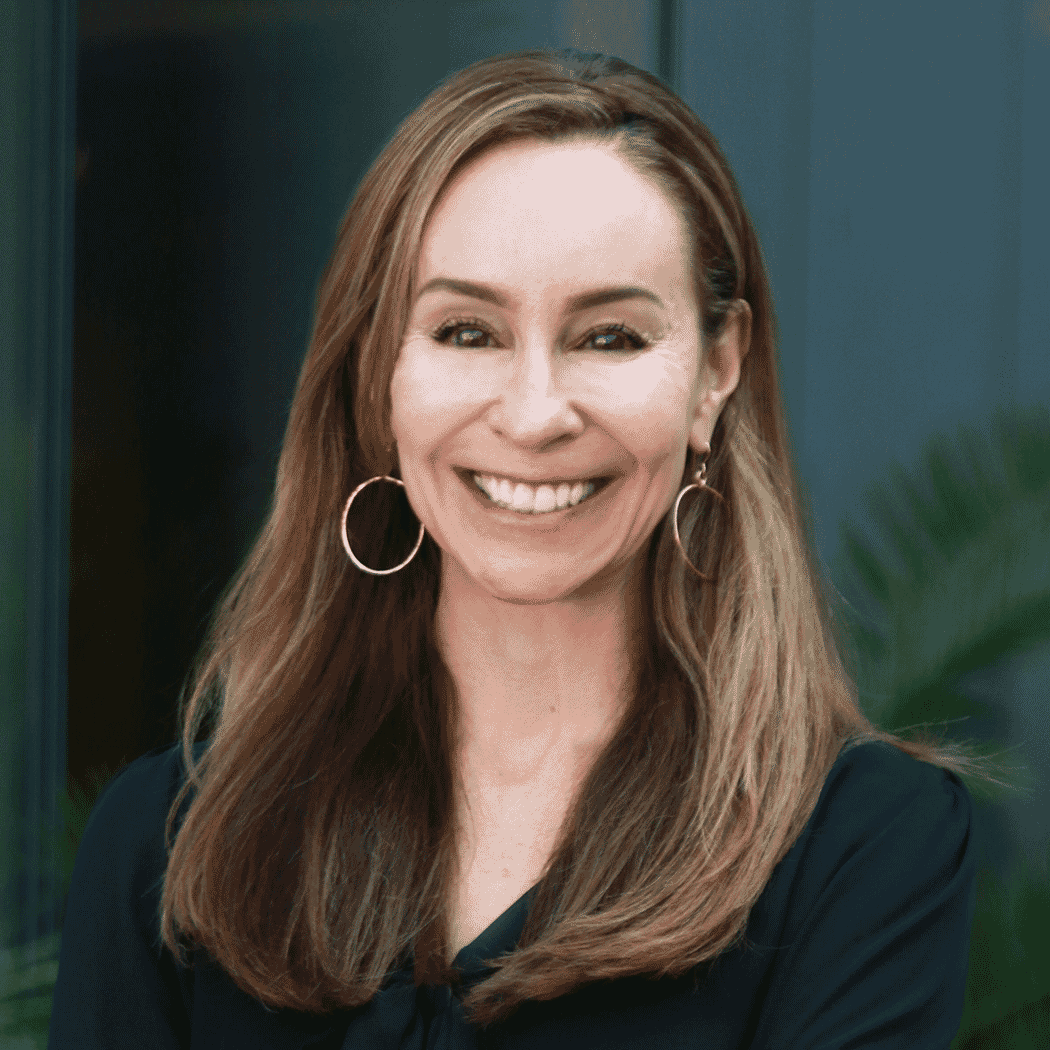Since we’ve started the MadCap Scholar Program, we’ve had the opportunity to work professors and universities all over the world, providing valuable tools for students to grow their technical expertise. We’ve not only worked with technical communication programs – we’ve also worked with translation and localization programs as well. In our interview below with Max Troyer, we chat with Max on the changes and emerging challenges he’s seen in the translation industry, and how the MadCap Scholar Program has benefited students.

1. Tell me about yourself and what you teach.
I’m an Assistant Professor and the Program Coordinator for the Translation and Localization Management (TLM) program at the Middlebury Institute of International Studies at Monterey (MIIS). I focus on our localization technology courses and teach Website Localization, Multilingual Desktop Publishing and Audio-Visual Localization, and Software and Games Localization, which happens to be the course that integrates MadCap Flare and MadCap Lingo.
2. What are some of the biggest changes you’ve seen in the translation and localization industry?
Ignoring the big things like machine translation and continuous localization, I think the biggest change is the fact that we have such a robust, thriving global localization industry. My program started about 12 years ago as a way to acknowledge the fact that many of our translation and interpretation graduates were being asked to do project management and other more technical tasks. When our program began, we graduated between 10 and 20 students per year. In 2017, we had just over 40 graduates, and this fall we have almost 60 incoming students.
We don’t have data on our 2017 graduates, but our 2016 graduates are 100% employed, over 90% in the localization industry (the rest are doing fellowships or furthering their education). That tells me that the localization industry is not yet saturated with our graduates, and the “talent shortage” topics at various conferences confirm that we need even more schools to launch localization training programs!
3. What are the biggest challenges confronting the translation and localization industry, and how is MIIS responding?
Up until last year, our program was a one-size-fits-all, meaning all incoming TLM students needed to be near-native in their second language, and they needed to be able to pass translation courses along with regular translation students. This fall, we’ve split TLM into three specializations: Translation, Localization and Management. For the Translation Specialization, students are still required to have a near-native second language and they will continue taking translation courses. The Localization and Management specializations focus on localization technology and business processes respectively, and require only intermediate/high language skills. A student who has conversational Spanish could complete the Localization specialization, so he or she would have all the skills necessary to be a project manager, or, combined with a Computer Science background, would be able to become an engineer.
Over the next few years, we’ll tweak these specializations to differentiate them even more through specialized coursework, but the end goal is to create a more diverse group of graduates who can respond to the wide range of skills required in localization career postings.
4. What skills/technologies are useful for a prospective student looking to enter the localization and translation industry?
We still feel that a second language is mandatory, in the sense that someone who speaks another language has a general idea of some of the issues that come out of switching from one language to the other. Beyond language, people won’t get far without general computer skills. Of course I’m speaking in terms of incoming students to the TLM program, and we believe that students need other skills such as project and program management, business skills such as accounting and marketing, translation and localization tools, as well as a general ability to communicate and present ideas to people who might not be in the localization industry.
5. What impact has the MadCap Software Scholar Program had on the students and/or the curriculum?
In the Software and Games Localization course at MIIS, we absolutely need to show how companies create knowledge bases, help systems, and documentation for their software products. The Scholar Program has made it possible for us to allow students and faculty to really get to know how these systems work. It would have been a lot more difficult if our faculty were not trained to use the software, and we really benefited from the “train-the-trainer” class.
6. What is some of the feedback you’ve received from students after integrating MadCap Software into the program?
About 80% of our graduates end up on the seller (agency) side of the industry first, and quite a few report that they have used MadCap Software in their careers. Our graduates end up at small, mid-size and large corporate agencies, and the fact that we teach our students so many different tools, MadCap Flare and MadCap Lingo included, means that when a project comes down the pipeline in a format the agency has never seen before, it’s likely a TLM graduate will light up and say, “I’ve used that before,” thus saving the day.
7. In what ways could students better prepare for a career in translation and localization?
Beyond what they’re learning in the classroom, more time could definitely be spent on networking. Sometimes the best jobs go to those who know someone and never get posted on a job board. I tell our students that their fellow classmates are not just students, that they should be treated like colleagues from the start. I also tell our students they should be taking advantage of the “informational interview,” that you can simply email a localization professional and request to have a conversation. If that goes well, they can even ask the professional to be their mentor.
Want to learn how your university or academic program can benefit from the MadCap Scholar Program? Reach out to me at jmorse@madcapsoftware.com with any questions!









